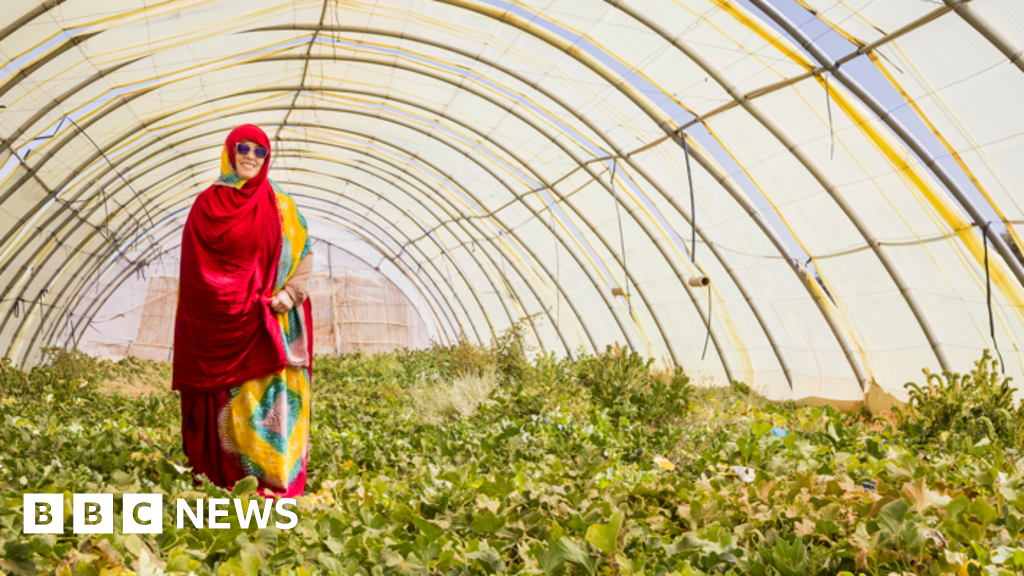News, Manchester

A woman living in a refugee camp in the Sahara has described being able to build vegetable gardens in the desert thanks to a Manchester charity.
Fatimatu Bachir, who was born and lives in a refugee camp in Algeria after her family fled conflict in Western Sahara, produces a vast supply of vegetables for her fellow refugees.
She was just 13 when she met volunteers from Levenshulme-based Western Sahara Support Group during a trip to Manchester in 2005, which she said was “life-changing” as she learnt new skills.
Inspired by a healthier diet, she persuaded the charity to fund her vegetable gardens which produce onions, tomatoes, aubergines, cucumbers and water melons.
Ms Bachir has now travelled back to Manchester, bringing with her a new generation of children from the refugee camps, which she said were “her home”.
She told Radio Manchester: “I am very happy, I am part of this.
“I came to Manchester 20 years ago and this is my second time now.
“It was the best experience of my life. It has been life changing.”
The 33-year-old continued: “I learnt very important skills on my visit.
“I was amazed. We in the camps had such a poor diet – we didn’t know or care about vegetables.
“I started thinking about vegetables.
“I contacted the group but they were sceptical about whether vegetables can grow there as it is in the middle of the desert.”
Ms Bachir said they “started with little portions” but have since managed to grow vegetable crops of 30,000 lbs (14,000 kg).
The charity’s chairman Andy Pitts said: “Their garden skills are amazing.
“It is obviously difficult to grow vegetables in the desert especially with the strong winds.
“They are very inspiring and tough people.”
Western Sahara is a territory on the north-western coast of Africa that has been the subject of a decades-long dispute.
It was once a Spanish colony, and is now mostly controlled by Morocco and partly by the Algerian-backed Polisario Front – which says it represents the indigenous Sahrawi people and wants an independent state.
Thousands of Sahrawi refugees still live in refugee camps in Algeria and some have been there for 40 years.

